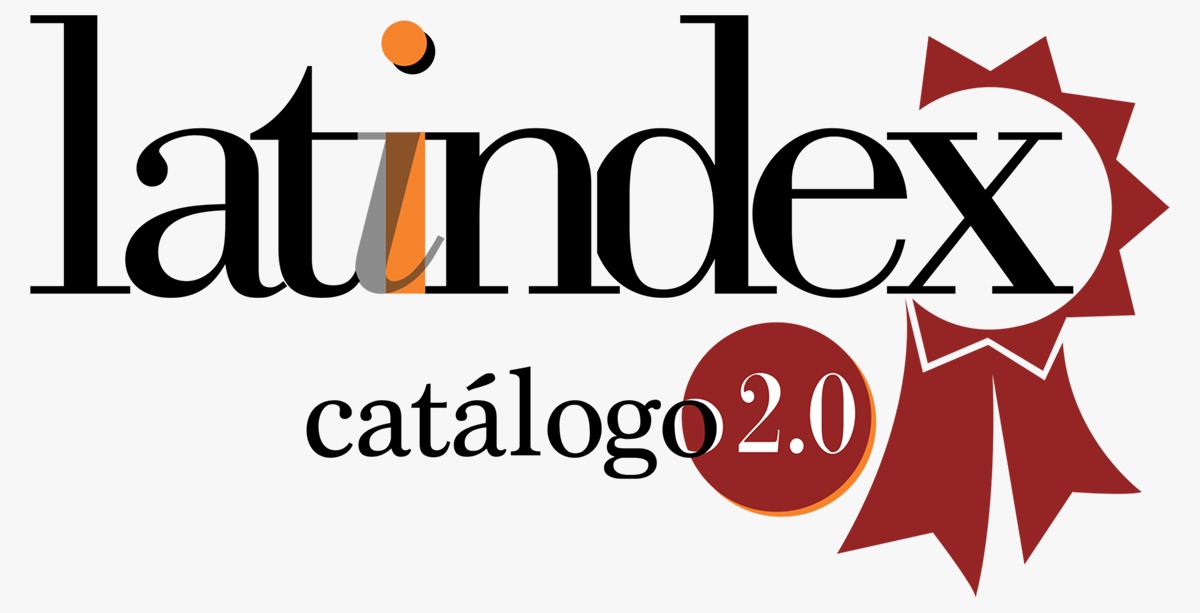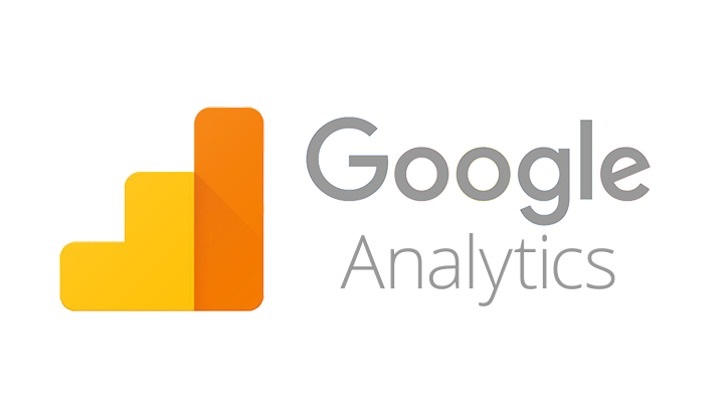Metacognitive strategies and development of reading Comprehension in sixth grade students of the Micaela Bastidas Educational Institution N° 6020. Villa María del Triunfo. Lima
DOI:
https://doi.org/10.47865/igob.vol7.n26.2024.343Keywords:
Metacognitive Strategies, development of reading comprehensionAbstract
The problem at the national level of the lack of understanding at the literal, inferential and criterion levels is almost a constant. Therefore, the objective of this research is to identify if there is a relationship between meta-cognitive strategies and the development of reading comprehension in sixth grade students at the Micaela Bastidas educational institution N.6020. The study with a quantitative approach, hypothetical deductive method, cross-sectional and ordinal level, in a sample of 60 students, the information was obtained with a Likert-type questionnaire survey validated by three expert juries and the reliability measured through Cronbach's Alpha coefficient. Descriptive correlational design. With Spearman's Rho statistician, for the hypothesis contrast it is concluded that there is a moderate significant relationship, r= .236 between metacognitive strategies and the development of reading comprehension in the aforementioned sample, by rejecting the null hypothesis by obtaining a value of less significance to the decision making of 0.05 in sixth grade students of the Micaela Bastidas Educational Institution N° 6020. Villa María del Triunfo. Lime.
Downloads
References
Allal, L_; Saada-Robert, M. (1992): «La métacognition: cadre conceptuel pour l'étude des régulations en situation scolaire». Archives de psychologie, 60, pp. 265-296.
Brown, A. L. (1997). Development, Schooling and acquisition of Knowledge about Knowledge. En r. c. Anderson, r. j. Sapiro y w. e. Montague, Schooling and acquisition of Knowledge. Hillsdale, N. J: Erlbaum, 241–258
Cabanillas A., G. (2004). Influencia de la enseñanza directa en el mejoramiento de la compresión lectora de los estudiantes de la facultad de ciencias de la educación de la UNSCH. Tesis, Universidad Nacional Mayor de San Marcos, Lima.
Flavell, J. (1987). Speculations about the nature and development of metacognition. Metacognition, motivation and understanding. . Obtenido de https://ci.nii.ac.jp/naid/10024077179/
Flavell, J., & Wellman, H. (1977). Metamemory. En R. Kail y J. Hagen (Eds). Perspectives on the development of memory and cognition. Hillsdale:LEA
Giraldo, M. (2016) Estrategias metacognitivas y comprensión lectora de los estudiantes del quinto grado de primaria de la IEP Pedro Ruiz Gallo, Chorrillos, 2015. Universidad Nacional Mayor de San Marcos. file:///C:/Users/Rub%C3%AD/Downloads/Enciso_MG%20(1).pdf
Hernández, J y Sanabria, K. (2018). Estrategias metacognitivas: Andamiaje de la comprensión lectora. La tercera orilla N° 21, diciembre. Colombia. https://revistas.unab.edu.co/index.php/laterceraorilla/article/download/3475/2921/.
Mendoza F., A. (1998). Tú, lector: Aspectos de la interacción texto-lector en el proceso de lectura. Barcelona, Edics. Octaedro.
Monereo, C. (1990). Las estrategias de aprendizaje en la educación formal: enseñar a pensar y sobre el pensar. Infancia y Aprendizaje, 50, 3-25.
Pérez, H. (2006). Comprensión y producción de textos educativos. Bogotá: Aula abierta magisterio.
Pinzás, J. (2003). Metacognición y lectura. Lima: Fondo editorial Pontificia Universidad Católica del Perú.
Pinzás, J. (2012). Leer pensando. Introducción a la visión contemporánea de la lectura. Lima: Fondo editorial Pontificia Universidad Católica del Perú.
Solé, I. (2003). Estrategias de lectura. Barcelona: Graó. 11° edición.
Velandia Q., J. (2010). La correlación existente entre el uso de las estrategias metacognitivas y el nivel de comprensión lectora. Tesis, Universidad De La Salle, Bogotá – Colombia. Recuperado el 27/10/2015 de http://repository.lasalle.edu.co/ bitstream/handle/10185/1 602/T85.10%20V432m.pdf?sequence=1yisAllowed=y
Zayas, F. (2012). 10 ideas clave. La competencia lectora según PISA. Barcelona: Editorial Graó.
Downloads
Published
How to Cite
Issue
Section
License

This work is licensed under a Creative Commons Attribution-NonCommercial-ShareAlike 4.0 International License.
Esta obra está bajo una licencia internacional Creative Commons Atribución-NoComercial-CompartirIgual 4.0.
















